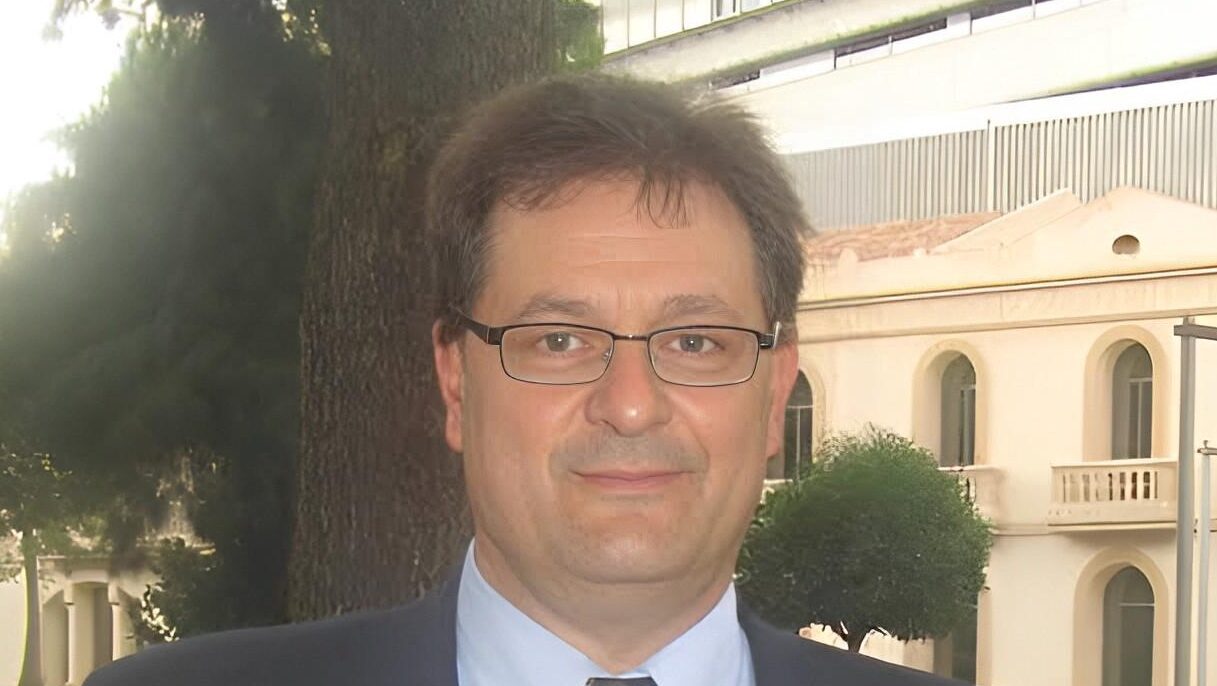Miguel Bronchud, Co-Founder and Advisory Board at Regenerative Medicine Solutions, shared a post on LinkedIn:
“Nobel awards in Medicine and Physiology 2024 (once again) to a molecular biology discovery — that adds to the basic information chain from an essentially binary code in the DNA double helix (AC/GC) down to messenger RNA and to proteins—Mr. Ambros is from Hanover, N.H. and is the Silverman Professor of Natural Science at the University of Massachusetts Medical School in Worcester, Mass.. Mr. Ruvkun, from Berkeley, Calif., is a professor of genetics at Harvard Medical School.
Today, Victor Ambros and Gary Ruvkun were awarded the Nobel Prize in Physiology or Medicine on Monday for the discovery of microRNA, which plays a crucial role in determining how organisms develop and function — and how they sometimes malfunction. MicroRNA are a class of tiny RNA molecules, meant essentially as regulatory molecules. The discovery revealed a new principle of gene regulation that is crucial for multicellular organisms, including humans.
How then does microRNA control gene expression? It does so not so much at “transcription level” (from DNA to mRNA), but at “translational levels”. Thus, microRNA controls gene expression mainly by binding with messenger RNA (mRNA) in the cell cytoplasm. Instead of being translated quickly into a protein, the marked mRNA will be either destroyed and its components recycled, or it will be preserved and translated later.
Gene regulation determines differences between types of cells, and if it goes off track it can lead to diseases such as cancer, diabetes or autoimmunity, the Nobel Committee said. Researchers now know that the human genome provides instructions for over 1,000 forms of micoRNA, which are important to the development and function of organisms. Regulation of gene transcription remains more elusive, challenging and complex- including key consequence of chromatin structures changes (including DNA methylation and Histone proteins covalent modifications or modulation), or the activity on and off (trans or cis) of once known as “multiple non histone proteins”…
Some micro RNAs may also be directly or indirectly related to some cancers developing but there are still many unanswered questions about this.
Ambros conducted his prize-winning research at Harvard University and is now at UMass Chan Medical School. Ruvkun did his work at Massachusetts General Hospital and Harvard Medical School, where he remains a professor of genetics.
The pair will split the award of 11 million Swedish kronor, or just over $1 million. They join the ranks of medicine or physiology Nobel laureates that prior to this year had 227 people, including 13 women.”
Read further.
Source: Miguel Bronchud/LinkedIn


